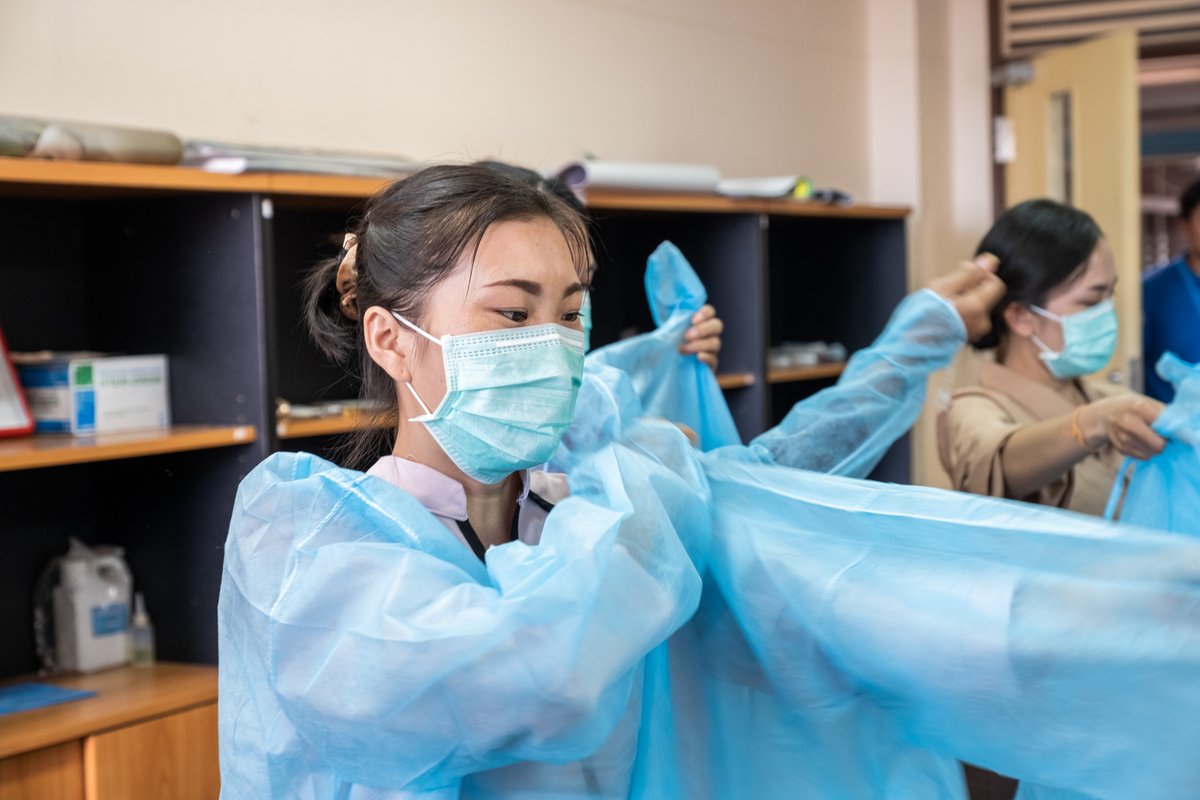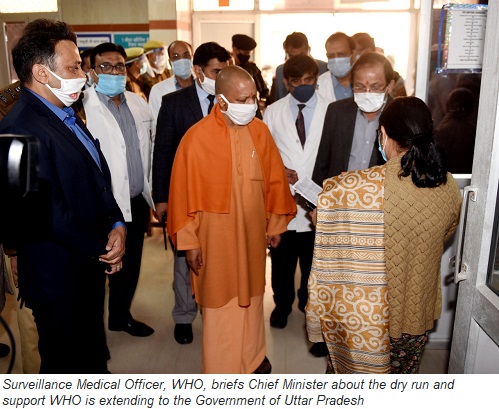
🆕data shows that violence against women remains devastatingly pervasive & starts alarmingly young. Across their lifetime, 1⃣ in 3⃣ 👧🧕👩 are subjected to physical or sexual violence by an intimate partner or sexual violence from a non-partner.
👉 bit.ly/2PJgeB7
👉 bit.ly/2PJgeB7

Violence against women starts early: 1⃣ in 4⃣ young women (aged 15-24 years) who have been in a relationship will have already experienced violence by an intimate partner by the time they reach their mid-twenties.
Let's #endVAW!
👉 bit.ly/2PJgeB7
Let's #endVAW!
👉 bit.ly/2PJgeB7

Intimate partner violence is by far the most prevalent form of violence against women globally, affecting around 641 million women 👩 and girls 👧 around the 🌎🌍🌏
👉 bit.ly/2PJgeB7
Let's #endVAW!
👉 bit.ly/2PJgeB7
Let's #endVAW!

6⃣% of women around the 🌎🌍🌏 report being sexually assaulted by someone other than their husband or partner.
6⃣% of women around the 🌎🌍🌏!
Given the high levels of stigma & under-reporting of sexual abuse, the true figure is probably much higher.
👉 bit.ly/2PJgeB7
6⃣% of women around the 🌎🌍🌏!
Given the high levels of stigma & under-reporting of sexual abuse, the true figure is probably much higher.
👉 bit.ly/2PJgeB7

Violence disproportionately affects women living in low- & lower-middle-income countries. ~37% of 👩 in the poorest countries have experienced physical &/or sexual intimate partner violence in their life, with some countries having a prevalence of 50%.
👉 bit.ly/2PJgeB7
👉 bit.ly/2PJgeB7

Women aged 15-49 are most affected by intimate partner violence in:
🔸Oceania (51%)
🔸Southern Asia (35%)
🔸Sub-Saharan Africa (33%)
The lowest rates are found in:
🔹Europe (16–23%)
🔹Central Asia (18%)
🔹Eastern Asia (20%)
🔹South-Eastern Asia (21%)
👉 bit.ly/2PJgeB7
🔸Oceania (51%)
🔸Southern Asia (35%)
🔸Sub-Saharan Africa (33%)
The lowest rates are found in:
🔹Europe (16–23%)
🔹Central Asia (18%)
🔹Eastern Asia (20%)
🔹South-Eastern Asia (21%)
👉 bit.ly/2PJgeB7

During the #COVID19 pandemic, risks of violence increase due to:
❗️ More time at home with abusers
❗️ Rising stress
❗️ Isolation from social support networks
❗️ Limited access to critical services
👉 bit.ly/2PJgeB7
❗️ More time at home with abusers
❗️ Rising stress
❗️ Isolation from social support networks
❗️ Limited access to critical services
👉 bit.ly/2PJgeB7

If you are experiencing violence during #COVID19:
👋🏾 Reach out to supportive family, friends or neighbours
📞 Call a hotline or access information online if possible
🆘 Seek out local services for survivors
👋🏾 Reach out to supportive family, friends or neighbours
📞 Call a hotline or access information online if possible
🆘 Seek out local services for survivors

If you are experiencing violence at home during #COVID19 and need to leave in a hurry:
🏘️ Identify a friend, neighbour, relative or shelter you can go to
🔀 Plan how to get there
🎒 Keep ready essential personal items to take with you
#ENDvaw
🏘️ Identify a friend, neighbour, relative or shelter you can go to
🔀 Plan how to get there
🎒 Keep ready essential personal items to take with you
#ENDvaw

#HealthWorkers, you can help women survivors of violence during #COVID19
🤝 Offer first-line support to women
🩹 Provide medical treatment
❤️ Connect and refer to survivors to support
🤝 Offer first-line support to women
🩹 Provide medical treatment
❤️ Connect and refer to survivors to support

Here's how health systems can help women survivors of violence during #COVID19:
🤝 Identify & share information on support services
👩👧👧 Establish referral linkages
📋 Find out what survivors of violence need and how best to reach them safely
🤝 Identify & share information on support services
👩👧👧 Establish referral linkages
📋 Find out what survivors of violence need and how best to reach them safely

Governments can help protect women & their children from violence during #COVID19.
✅ Incl. violence against women essential services in COVID-19 emergency preparedness & response plans
✅ Support hotlines, shelters & other specialized services
✅ Incl. violence against women essential services in COVID-19 emergency preparedness & response plans
✅ Support hotlines, shelters & other specialized services

Services to respond to violence against women are essential during the #COVID19 pandemic.
INVEST, PROTECT & SUPPORT these services for the health of women, children and adolescents.
INVEST, PROTECT & SUPPORT these services for the health of women, children and adolescents.

Supported by @WHOPakistan, 1000 #HealthWorkers in #Pakistan 🇵🇰, where more than one third of ever-married women have experienced spousal violence, were trained between 2018-2020 to strengthen the country’s response to gender-based violence.
More:
bit.ly/2PMTlgi
More:
bit.ly/2PMTlgi
Among those trained in 🇵🇰 on responding to intimate partner violence & sexual violence against 🧕 is Dr Bashir. She further trains #HealthWorkers to provide survivor-centered care incl. how to:
✔️ask about violence
✔️provide first-line support
👉 bit.ly/2PMTlgi
✔️ask about violence
✔️provide first-line support
👉 bit.ly/2PMTlgi

While the training helped #HealthWorkers in #Pakistan 🇵🇰 to identify more cases of gender-based violence & improve care provided, much remains to be done to reduce stigma & raise awareness about women’s rights.
More:
bit.ly/2PMTlgi
More:
bit.ly/2PMTlgi
• • •
Missing some Tweet in this thread? You can try to
force a refresh










